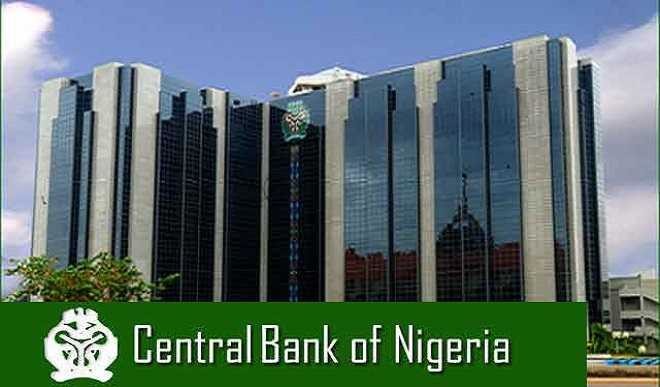Timely CBN’s lifeline for SMEs
The federal government, through the Central Bank of Nigeria (CBN), recently approved a credit lifeline amounting to the sum of N150 billion to aid Small and Medium Enterprises (SMEs) recover from the effects of the COVID-19. Giving details of this intervention, the Secretary to the Government of the Federation (SGF), Boss Mustapha, stated that owners […]

Corporate headquarters of the Central Bank of Nigeria, CBN in Abuja
The federal government, through the Central Bank of Nigeria (CBN), recently approved a credit lifeline amounting to the sum of N150 billion to aid Small and Medium Enterprises (SMEs) recover from the effects of the COVID-19.
Giving details of this intervention, the Secretary to the Government of the Federation (SGF), Boss Mustapha, stated that owners of SMEs can access between N500,000 to N25 million in loans provided they can prove that their businesses were affected by the COVID-19.
- CBN disburses N295.695bn on COVID-19 interventions
- CBN launches grant for infectious diseases research
The SGF said the fund is divided into two packages: the first N100 billion will cover enterprises that deal in the health sector, namely hospitals and pharmaceutical companies. This is designed to build the health infrastructure and explore the possibilities of manufacturing drugs sufficient to deal with COVID-19 and other health-related matters.
The second package of N50 billion is designed for SMEs and targeted at the household variety which constitutes the majority of small businesses in the country. Here, the range is from the mini, micro and micro plus.
Under the mini, N500, 000 is available for disbursement. For the micro, it is from N500, 000 to N1.5 million, while those that fall under the micro plus can access between N1.5 million to N3 million.
While the COVID-19 is primarily a health pandemic, its effect however had very serious consequences on the livelihoods of the people. As a result of the total lockdown production and movements of goods and services across the country were severely affected. Nowhere was this felt more than in the informal sector which, by some accounts, actually forms the bedrock of our national economy.
Mostly hit were the small and medium scale economic and commercial actors who form the critical lifeline of the supplies and services reaching the nooks and crannies of our vast nation.
With the advent of the COVID-19 and its sudden, disruptive effects, the forecast is that our economy is likely to contract in the short and long term. It is expected that those who lost their businesses would find it difficult to recover as they would be burdened by debts, loss of supply sources, patronage and customers. The federal government deserves commendation for coming out with this measure at the hour of acute need following the devastation wreaked by the COVID-19 on the most vulnerable classes of our people.
As reports show that we are turning the curve on the COVID-19, most thoughts are on how businesses will begin to pick up the slack from the economic shrinkage caused by the pandemic. The most urgent requirement in this regard is the need for a stimulus package to enable businesses cope with the challenges of restarting their operations. The package of intervention shows that the government is thinking in the desired direction of helping to revive this critical sector of the economy.
We, however, note that for what it is worth, the government needs to consider increasing the amount of money for this intervention. With the scale of businesses involved in the SME category of the economy, the amount of money earmarked can hardly be adequate to meet the demands and make the desirable impact. This is bearing in mind both the level of economic devastation caused by the pandemic as well as the vast size and importance of the SMEs to the Nigerian economy.
Again, while the SGF has assured that the guidelines and requirements for qualifying for the loans have been streamlined and simplified, we however urge that the exercise be transparent and not politicised. Past experience shows that such noble intentions of government often end up not achieving their desired aims due mostly to the untoward activities of those charged with implementing them.
In this particular case of the government’s intervention to help rejuvenate our economy following the devastation of the COVID-19 pandemic, it will be most unfortunate if the exercise is allowed to the way of similar other measures of the past.
For these and other reasons, we urge the government to do the necessary due diligence on how this exercise is carried out. For its all-round importance and effect on our collective economic well-being and livelihood, this is one government intervention that must not fail.
